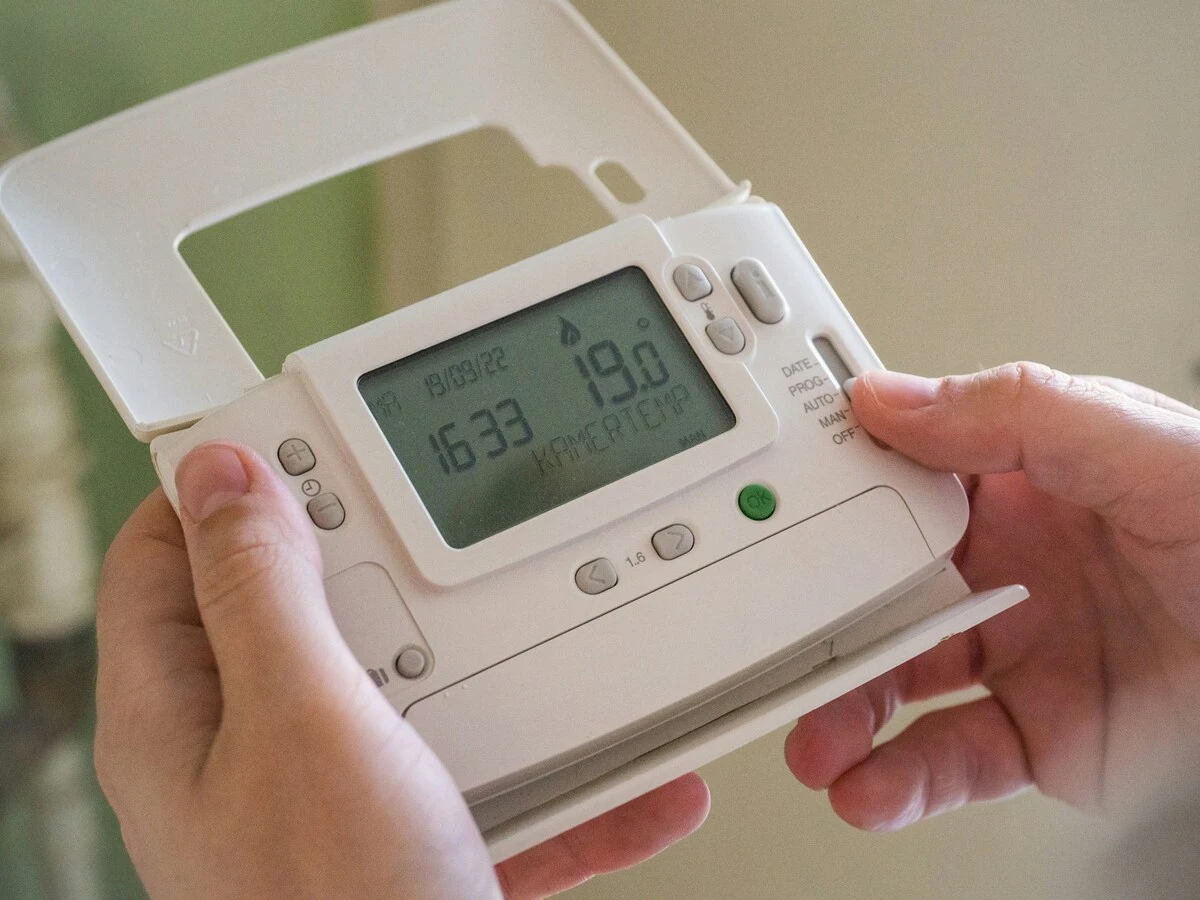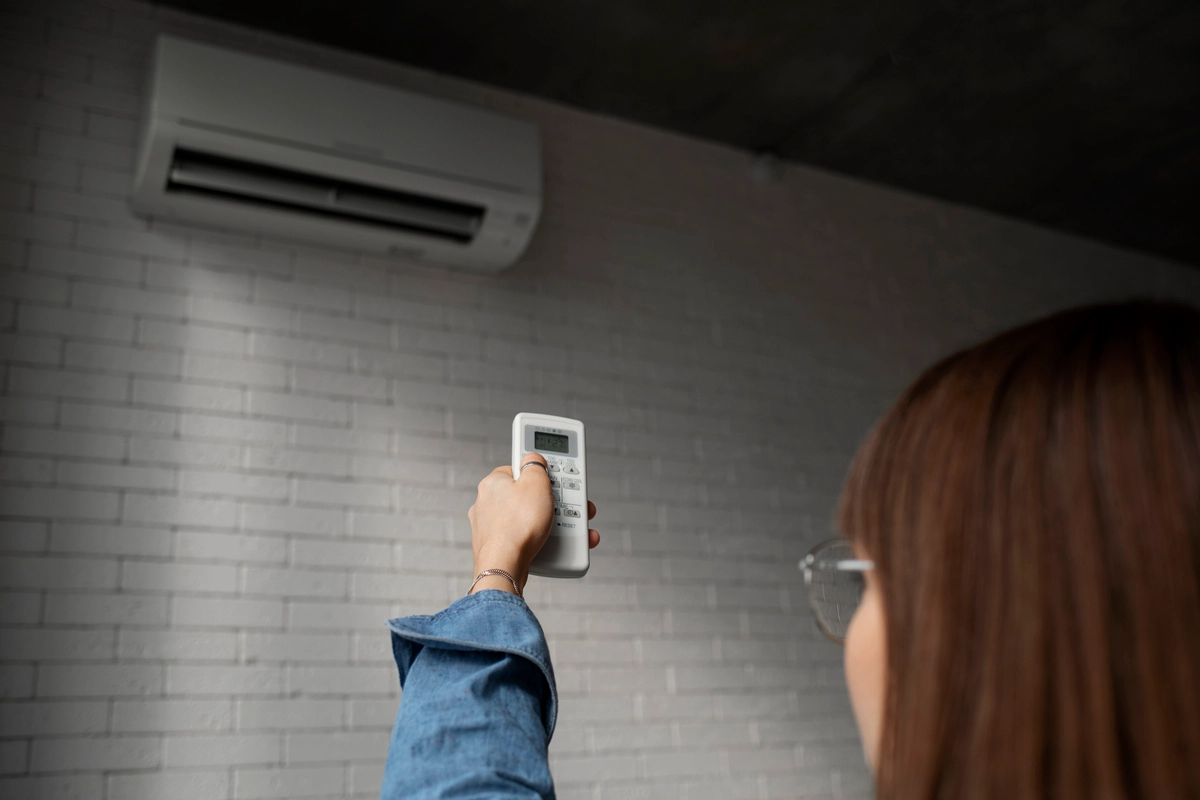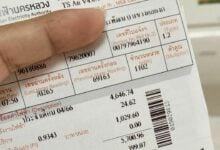Reasons for high electricity bills in Thailand’s apartment

Have you ever been shocked by a high electricity bill, even though you’re very thoughtful about how you use it? It can be frustrating when the numbers just add up, leaving you wondering what went wrong. But there are often reasons behind these surprising costs.
Let’s take a closer look at one woman’s experience and see if you might relate to her situation. You might find that your own habits with electric devices could be affecting your bills in ways you didn’t expect. Come along and explore this case study.
Running the air conditioner for 4 hours a day
A Taiwanese woman recently moved into a new rental apartment and noticed a shocking increase in her electricity bill, which has tripled compared to her previous accommodation. She only used her air conditioner for about 4 hours a day at 28 degrees Celsius. However, she couldn’t understand why her bills were so high. So, she shared her frustrations on Dcard with the topic “The air conditioning bill in my rental is shockingly high.” Many netizens have shared different opinions on her post and expert also has revealed two main reasons.
Factors behind the surge from expert

Inefficient appliances and home systems
One big reason for those sky-high electricity bills could be the inefficiency of the appliances in your home, especially the air conditioning unit. If you’re using older or less energy-efficient appliances, they can draw a lot more power than you might expect, causing your bills to soar.
For instance, if your air conditioner isn’t optimised for energy efficiency, it might struggle to keep your space comfortable, even when you set it to a higher temperature like 28 degrees Celsius. This means it’s working harder—and using more electricity—than necessary. It’s worth taking a closer look at how your appliances are performing, whether they could be costing you more than they should!
One user questioned, “Is the air conditioner energy-efficient? The difference is too great,” suggesting that an inefficient model could significantly impact electricity consumption. Another user shared their experience, stating, “I run the air conditioner almost 24 hours a day because I have a dog, setting it to 25 degrees, and my last electricity bill was only 2,700 Taiwanese dollars (about 2,766 baht).” This comparison highlights how different models and usage patterns can lead to varying costs.
Differences in home insulation and size
Another important factor that came up was the size of the living space. An expert pointed out that “a large area combined with a fixed-speed air conditioner can really drive up electricity costs, especially if the compressor is running all the time.” They highlighted that not just the size of the room, but also its orientation—like rooms facing west—can significantly affect energy use. It’s a reminder that the layout and design of our homes can have a big impact on your bills!
Inadequate insulation can let that precious cool air slip out while allowing warm air to seep in. That means your AC has to use more energy to maintain a comfortable temperature. This can lead to higher energy consumption and, of course, those unexpected bills. It might be a good idea to assess how well your space is insulated and whether it’s affecting your comfort and costs!
Reason for increased costs shared by netizen
In addition to concerns about efficiency and space, netizens offered further insights into why electricity bills might be high.
Age and model of the air conditioner
One commenter suggested that an old air conditioning unit could be a major contributor to high costs: “Your air conditioner is an old model that consumes a lot of energy and is fixed-speed! There’s no solution! The only way is to replace the air conditioner!” This highlights how outdated technology can lead to inefficiency.
Landlord’s responsibility
However, some users pointed out that changing the air conditioner may not be straightforward. One noted, “Changing the air conditioner depends on the landlord. When you signed the lease, that was the model in place. They aren’t obligated to replace it; they can still rent it out as is. Only if it can’t be rented would the landlord consider changing it.” This underscores the complexities involved in addressing high electricity bills in rental situations.
Resulting impact on electricity costs
Because of these factors, the woman saw her prepaid card balance plummet from 2,000 Taiwanese dollars (around 2,049 baht) to just 970 Taiwanese dollars (about 993 baht) in the span of only a week. To put that in perspective, at her previous rental, she managed to keep a similar balance for about a month and a half, even while setting her air conditioner to lower temperatures of 25-26 degrees Celsius.
This startling jump in her electricity costs left her questioning whether these kinds of bills are typical for new apartments. Frustrated and curious, she reached out to others to see if anyone else was facing similar challenges. After the homeowner inspecting the electrical and water systems in her new home, everything appeared normal. However, she remains baffled by the high electricity bills and sought input from others in an online thread, asking, “Is this really normal?”
This woman’s experience serves as a valuable reminder that even when we’re mindful about our energy use. Unexpected costs can still catch us off guard. Inefficient appliances and poor insulation are common culprits that can drive up electricity bills, often without us realising it. So, the next time you’re surprised by a bill, take a moment to investigate the underlying reasons. You might discover opportunities for improvement on reducing electricity bills!
Latest Thailand News
Follow The Thaiger on Google News:


























